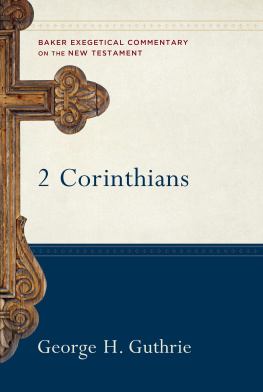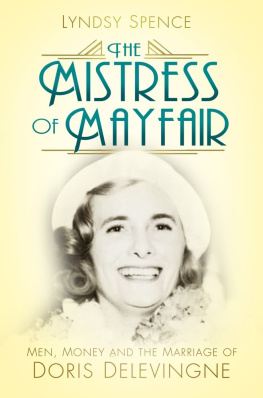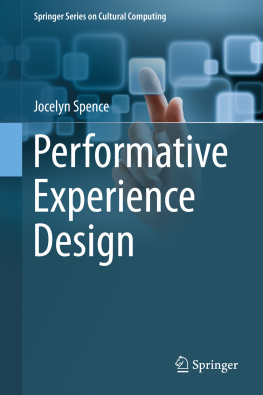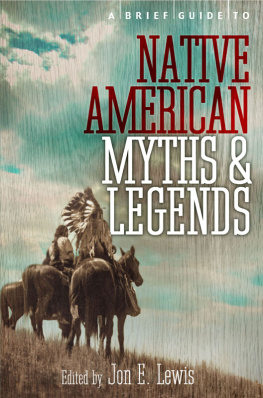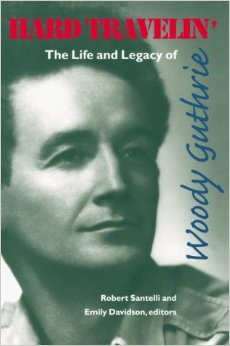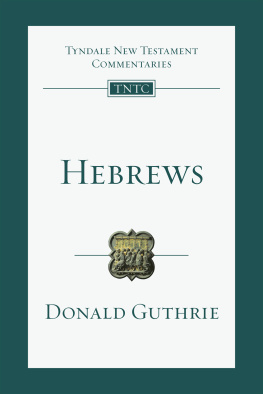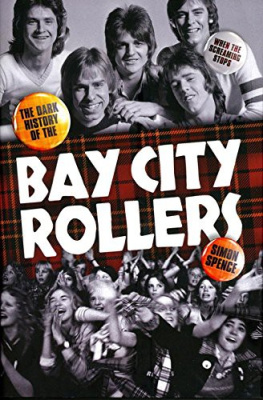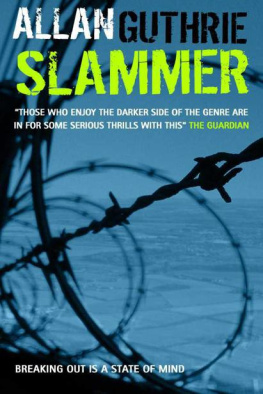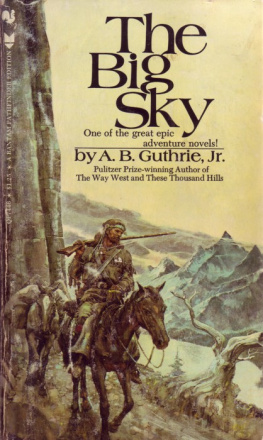
Contents
William Guthrie Spence was one of the most influential and enigmatic Australians of his era. From the 1880s through to the first World War, he was at the forefront of the labour movement and progressive politics in Australia. He was general secretary of the Amalgamated Miners Association of Victoria from 1882 to 1991, and was appointed foundation president of the Amalgamated Shearers Union of Australasia (ASU) in 1886. In 1894 the ASU merged with the General Labourers Union to form the AWU. Under his leadership, the AWU developed close ties with the Australian Labor Party. Spence had a lasting influence on the ethos of the AWU, defining its values as moderate and conciliatory but firm, and focused on a practical agenda for the betterment of its members.
Paul Howes is national secretary of the AWU and vice-president of the Australian Council of Trade Unions. In 2005, Paul was elected as AWU national vice-president, becoming the youngest person in the history of the union to hold a national leadership position. He is a member of the national executive of the Australian Labor Party and represents the AsiaPacific region as a member of the executive committee of the IndustriALL Global Union.
Graham Freudenberg has been working with Australian Labor leaders as speech-writer and adviser for more than fifty years. After ten years in newspaper and television journalism, he was appointed Press Secretary to the Leader of the Federal Parliamentary Labor Party, Arthur Calwell, in 1961, aged 27. Since then, he has worked with Gough Whitlam, Bob Hawke, Neville Wran, Barrie Unsworth and Bob Carr. He was made life member of the Australian Labor Party (New South Wales Branch) in 2005.
Nick Dyrenfurth has written and edited several books on Australian labour and political history, as well as having published extensively in leading academic journals. His books include Heroes and Villains: The Rise and Fall of the Early Australian Labor Party (2011) and A Little History of the Australian Labor Party (with Frank Bongiorno, 2011). Nick has also written widely in the Australian press, having frequently contributed to The Australian and The Age newspapers as well as The Monthly magazine.
Foreword
Paul Howes
According to Martin Luther King Jr, The labor movement was the principal force that transformed misery and despair into hope and progress.
Australians often downplay the role that unions have had in transforming our country. It might partly be our penchant for understatement and modesty, but it also reflects the accepted narrative of Australia as the lucky country as if our nation created itself, and were just the lucky ones who happened to be here at the time.
But while there is no doubt that Australia is blessed by its natural resource endowments and warm weather, its wrong to simply pass off our achievements as a nation to mere luck. After all, our egalitarian society, our universal healthcare system, our welfare safety net, the rule of law and respect for human rights and our democratic system of government were not prizes in a raffle. All the institutions that underpin our society and our lifestyle were created by people with foresight and vision. They were subject to arguments, debates and intense power struggles, with the forces of privilege and sectional interest-taking lining up against the forces of organised labour.
For over 127 years the Australian Workers Union has had a profound impact on Australian politics and Australian life. As the countrys biggest blue-collar union we have been at the forefront of the battle between labour and capital, and the fight for decent wages and conditions. We have fought for our members in the workplace, in parliaments and on the streets. We have led bitter strikes and we have created fairer laws. We have stood side by side with our fellow members and with workers from other unions to make our country a better place for all.
Thats why to truly understand the history of Australia, you need to understand the history of Australias union movement. And to understand the history of the union movement, you need to understand the history of the AWU.
William Guthrie Spences History of the AWU is a first-hand, first-person account of the formation of our great union. It shines a light on the motivations of the unions forefathers, their vision for what the union could achieve and their early struggles for survival. In essence, Spences history is the story of how misery and despair was transformed into hope and progress in Australia.
While it was written in 1911 and hasnt be reprinted since 1961, this books account of the struggles and tribulations in the formation of the early Australian labour movement makes it a unique and important part of Australian history that is important to preserve.
Many of the industrial battles in the 1890s will seem familiar to modern readers. In fact, reading History of the AWU makes it feel like everything old is new again. Unfair contracts, union-busting tactics and constant propaganda attacks against organised labour are as much a feature of todays industrial landscape as they were in the late 1890s. While technology has changed, the core tension between bosses and workers continues in much the same way as it did then. In fact, the conservative forces in present-day Australian politics may well see the industrial landscape of the 1890s as a model for the next wave of industrial relations reform.
The issue of individual contracts is a case in point. As Spence explains in some detail the exploitation of individual contracts by unscrupulous employers was the driving force behind the formation of Australian trade unions. The development of Australias award system, and the ability of unions to collectively bargain, put in place safety nets to stop this type of workplace exploitation.
The Howard governments Work Choices legislation sought to undermine these vital workplace protections, and to reintroduce individual contracts into Australian workplaces. And despite the assertions that Work Choices is dead, buried and cremated, the prospect of individual contracts returning under a new name is very much alive.
The phrase union-busting hadnt yet been invented during Spences time, but its easy enough to see the practice in operation in these pages. In fact, Spence graphically explains the lengths employers would go to in order to stop workers from acting collectively.
While the union-busting zeal was a feature of robber-baron capitalism at the turn of the 20th century, you dont need to look far to see contemporary zealots of the same ilk. Indeed, you can often read their anti-worker rantings in the pages of our national newspapers railing against the pernicious influence of unions and arguing that Australians would be much better off if they received lower pay.
Which brings us to the influence of conservative propaganda and the anti-worker bias of some sections of the media. As Spence noted ruefully, misrepresentation and untruthfulness were the order of the day. Contemporary unionists know that feeling well, but today we have access to many new ways of getting our message out, and of making our voices heard. Thats why the AWU is leading the way in its use of new media to communicate with members and with the broader community.
Of course, there is a major difference between our fights today and the struggles of Spence and his contemporaries. Today we have the benefit of over a century of industrial and political achievements to protect workers. Our predecessors fought to establish a framework of fairness and justice in the workplace; today we must fight to prevent our opponents from tearing that framework down.




